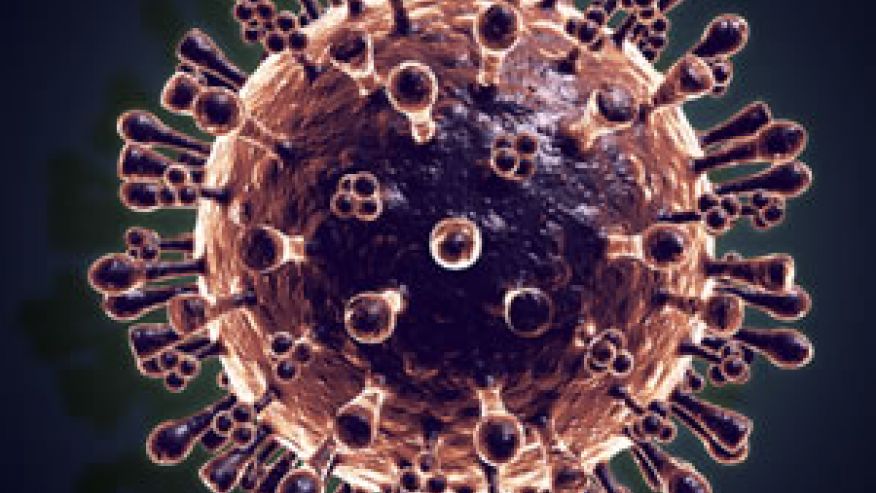 BASC is advising members and the wider shooting community to be aware of measures to be taken to limit the further spread of Avian Influenza after the H5N8 strain of the disease was confirmed in a small backyard flock of chickens and ducks near Settle in North Yorkshire.
BASC is advising members and the wider shooting community to be aware of measures to be taken to limit the further spread of Avian Influenza after the H5N8 strain of the disease was confirmed in a small backyard flock of chickens and ducks near Settle in North Yorkshire.
The Department for Environment, Food and Rural Affairs (Defra) has established a 3km protection zone and a 10km surveillance zone around the infected premises to limit the risk of the disease spreading.
Avian Influenza prevention zones in place in England, Scotland and Wales since December 6 have now been extended until 28th February 2017. Northern Ireland declared a 30-day prevention zone on 23 December. There is a GB-wide ban on poultry shows and gatherings.
No restrictions are currently imposed on shooting, but BASC is asking members to familiarise themselves with the requirements of the zones, be aware of the symptoms of bird flu and to report suspicions to the relevant authorities. In particular, BASC has highlighted practical biosecurity measures which can help limit the spread of bird flu.
Glynn Evans, BASC head of game and deer management, said: “It is important the wider shooting community remains vigilant to bird flu and makes itself aware of how to spot the symptoms of the disease.
“Also, at a time of year when gamekeepers may be making routine plans to transport live birds, full attention should be paid to implementing all practical biosecurity measures such as cleaning and disinfecting vehicles and trailers before, during and after transit.”
The prevention zones require keepers of poultry and other captive birds to keep birds indoors or take appropriate practical steps to keep them separate from wild birds, for example using netting to create a temporary enclosure and protecting food and water supplies from contamination by wild birds.
Defra says risk of infection remains even when birds are kept indoors, so good biosecurity must be practiced – for example disinfecting footwear and equipment and washing clothing after contact with birds.
The advice is that the risk to public health remains very low and the Food Standards Agency is clear that bird flu does not pose a food safety risk for UK consumers.
Defra’s factsheet on avian influenza, including how to spot the symptoms, can be viewed here.
BASC is also highlighting that members of the public who find dead wild waterfowl (swans, geese or ducks) or gulls, or five or more dead wild birds of other species in the same location should report incidents to the Defra helpline (Tel: 03459 33 55 77) or in Northern Ireland to the DAERA helpline (Tel: 0300 200 7840).
The H5N8 strain of Avian Influenza has been circulating in Europe for several weeks. An outbreak was confirmed in turkeys at a farm in Lincolnshire on 16 December and a further case was confirmed in a back yard flock in Carmarthenshire on 3 January. The disease has also been found in wild birds in England, Scotland and Wales. More details can be found here: https://www.gov.uk/government/publications/avian-influenza-in-wild-birds-winter-2016-to-2017
